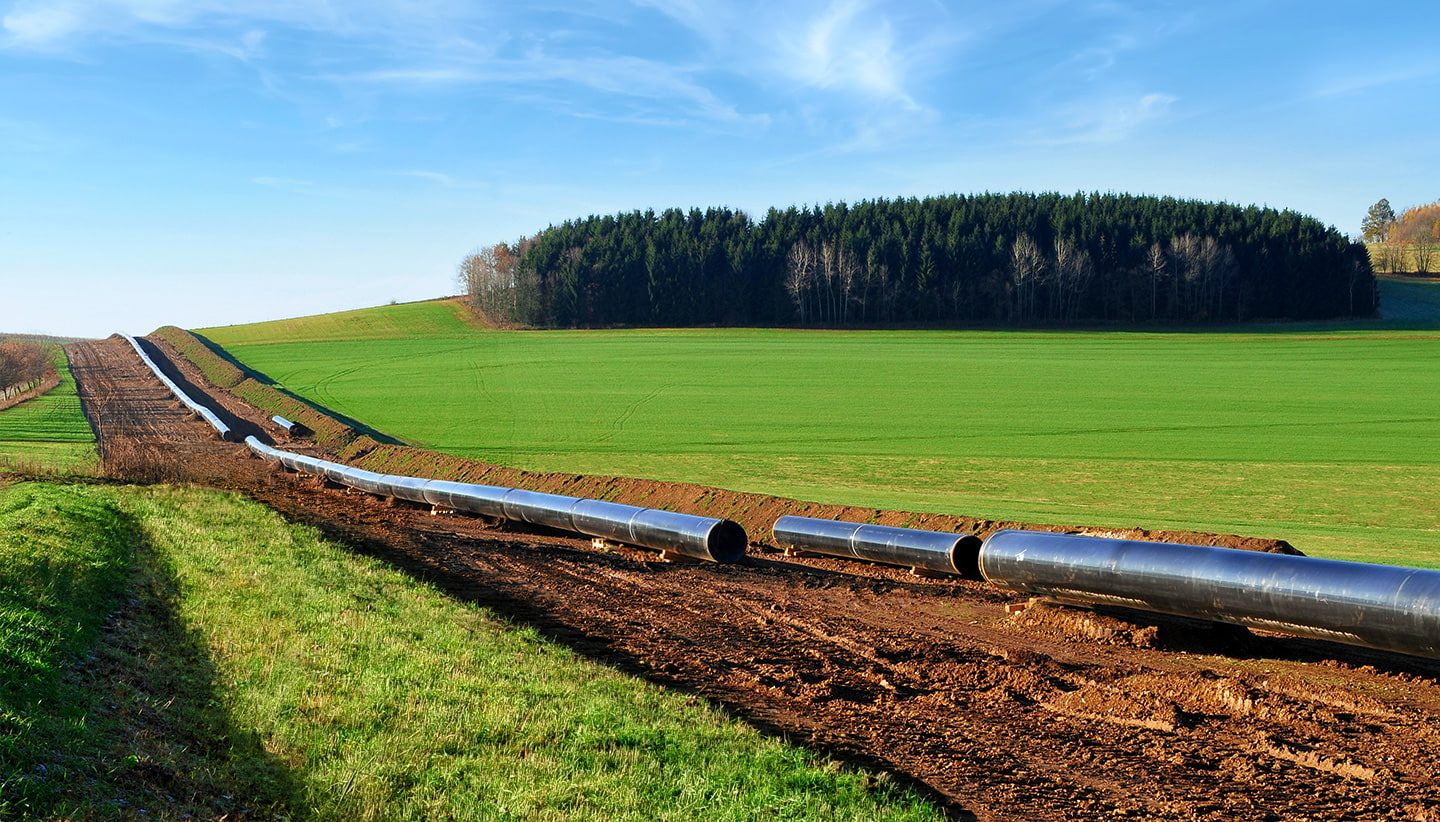Without permitting reform on a national level, it’s “not if, but when” we will find ourselves facing reliability challenges, U.S. Senator Joe Manchin noted during a recent Senate Energy and Natural Resources Committee hearing.
“Reliable energy is the foundation for any advanced economy and critical for families and businesses to thrive,” he continued.
Manchin’s thoughts were echoed throughout the hearing, where experts called on the committee to support broad regulatory reform for timelier permitting for natural gas projects, so grid stability can be improved.
“Just last month the EPA proposed new regulations to shut down both coal and natural gas plants, the Biden administration is doubling down on reckless policies… It is time they acknowledge that they are creating a reliability crisis,” said Senator Barrasso, showcasing the bipartisan agreement on the causes behind the fragility of the grid.
The Senators’ concerns aren’t new, in fact, the North American Electric Reliability Corporation (NERC) has been warning of reliability issues due to a lack of access to natural gas. According to NERC’s 2023 Summer Reliability Assessment, two-thirds of North America is at risk of energy shortfalls this summer during periods of extreme demand.
“More transmission and natural gas infrastructure is required to improve the resilience of the electric grid,” stated James Robb, CEO of NERC at the hearing. “Regulation and oversight of natural gas supply for electric generation needs to be rethought.”
“We agree that balanced reform in this area is needed. By the same token, we are becoming increasingly dependent on natural gas. Additional pipelines will need to be sited to meet our reliability needs,” said PJM President and CEO, Manu Asthana, further highlighting the need for more natural gas infrastructure to come online in regions not considered at elevated risk by NERC.
At PJM’s annual meeting in early May, the organization’s leaders met to discuss the growing concern over premature asset retirements across the nation, largely forced by regulatory policy.
This is especially true in regions like New England, where reliance on liquefied natural gas (LNG) imports is high but access to domestic resources is low.
Consider, 51% of New England homes rely on natural gas for heat , and the region’s power generation sector relies on natural gas, yet current pipeline capacity cannot support demand during peak winter and summer months. Of additional concern,
The early retirement of baseload generation facilities are outpacing the capacity that’s being added to the grid – creating a gap that will put all customers in the lurch.
Adding to New England’s energy woes, the closure of Massachusetts largest power plant, which is gas-fired, has many worried about the future of the Everett LNG terminal that accepts imports of natural gas in the absence of pipelines.
Of course, New England’s problems could be easily solved given their proximity to America’s second-largest natural gas producing region. Instead, they’ve faced energy insecurity for years, all due to unbalanced, extreme policies.
Blocking much-needed pipeline expansions or stalling the construction of modern gas-fired power generation facilities bars access to low-cost natural gas and disproportionately imposes cost and reliability burdens on the consumer.
“The timeframe for permitting new natural gas plants and pipelines has been lengthened significantly,” said David Tudor, CEO Associated Electric Cooperative Inc. “From start to finish, including permitting, the previous generation of Associated’s natural gas peaking units were online in about three years. Today, permitting alone for new units will likely take about three years, extending the completion of the units to six to seven years.”
This should never be the case.
Moving forward, policymakers must back regulatory reform promoting a reliable and resilient energy strategy that puts consumer needs first. Ensuring predictable and consistent permitting will be essential to our nation’s energy security and the future of our sustainable energy supply.





